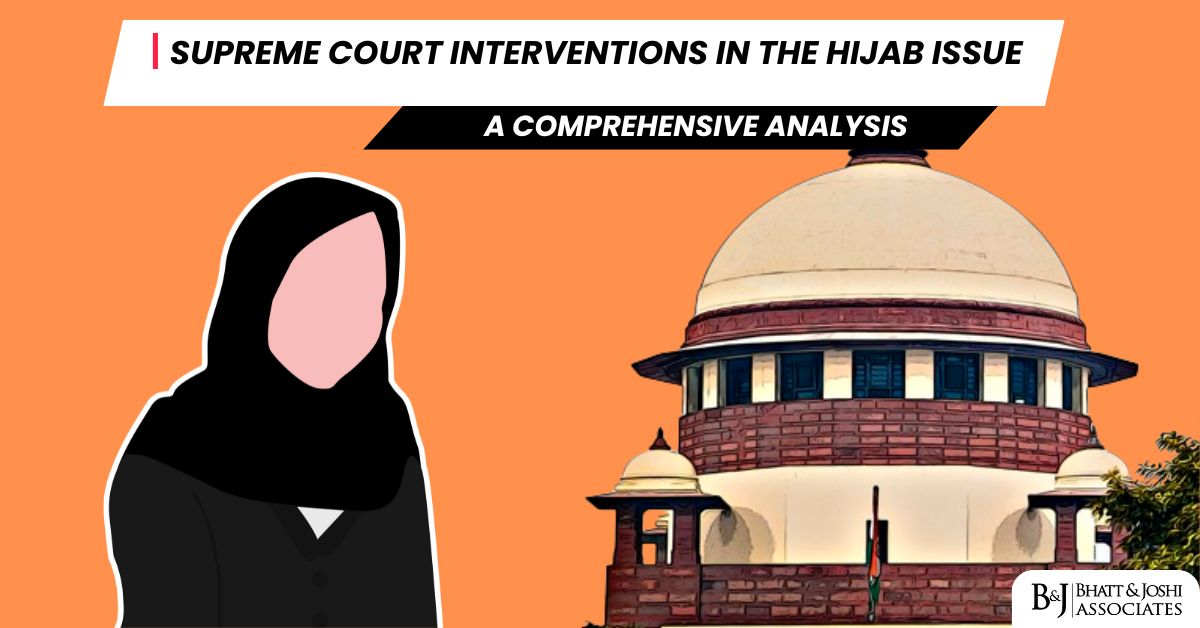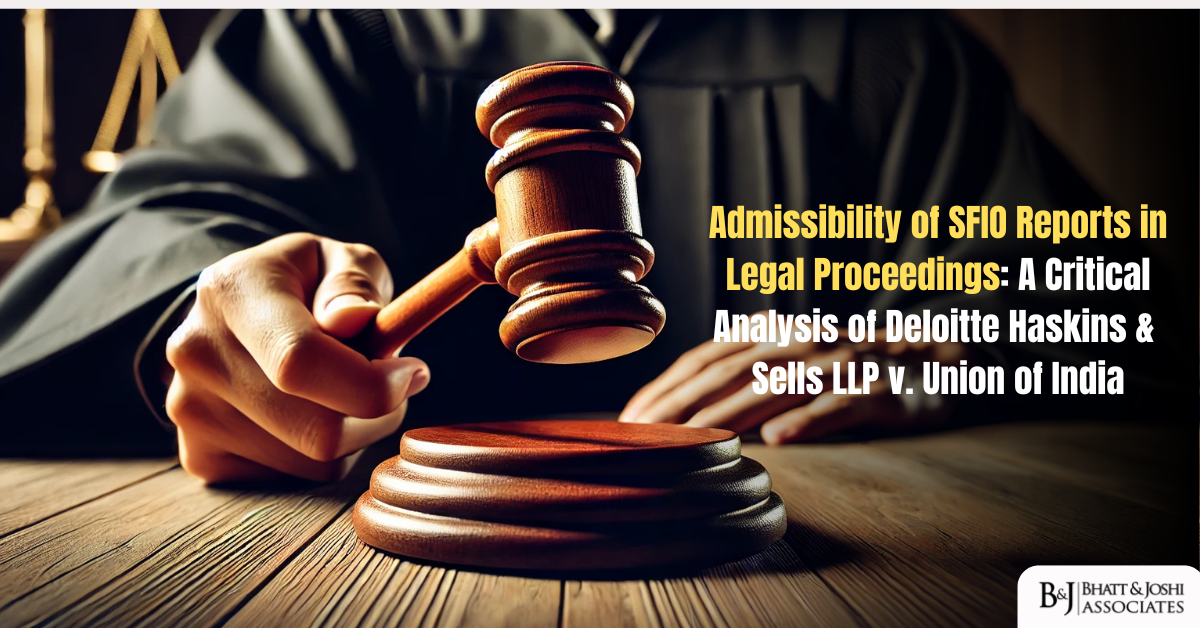Introduction
The Narcotic Drugs and Psychotropic Substances Act, 1985 (NDPS Act) is a stringent legislation that aims to curb the menace of drug trafficking and abuse in India. The NDPS Act prescribes severe penalties for various offences involving narcotic drugs and psychotropic substances, including mandatory minimum sentences and death penalty in some cases.

The NDPS Act also restricts the grant of bail to the accused persons, especially when they are involved in commercial quantity cases, which are defined as cases where the quantity of drugs seized exceeds a certain limit specified in the Act or the Rules. Section 37 of the NDPS Act provides that no person accused of an offence punishable under the Act with imprisonment for a term of five years or more shall be released on bail or on his own bond unless the court is satisfied that there are reasonable grounds for believing that he is not guilty of such offence and that he is not likely to commit any offence while on bail. Section 37 also provides that the limitations on granting bail shall not apply to a person who is under eighteen years of age or is a woman or is sick or infirm.
The grant of anticipatory bail, which is a pre-arrest bail granted by a court under Section 438 of the Code of Criminal Procedure, 1973 (CrPC), is also subject to the same conditions and limitations as prescribed by Section 37 of the NDPS Act.
The Supreme Court and various High Courts have interpreted and applied Section 37 of the NDPS Act and Section 438 of the CrPC in different ways, leading to divergent and conflicting judicial trends and principles on the grant of anticipatory bail in NDPS commercial quantity cases. One of the key issues that arises in such cases is the admissibility and evidentiary value of the statements made by the co-accused persons, who are often arrested by the police and subjected to interrogation and pressure tactics.
The co-accused persons may implicate other persons as their accomplices or suppliers of drugs, either voluntarily or under duress, and their statements may be recorded by the police under Section 67 of the NDPS Act, which empowers any officer duly authorized by the Central Government or a State Government to call for information from any person in relation to any offence under the Act. The question that arises is whether such statements made by the co-accused persons are sufficient to establish a prima facie case against the persons who are seeking anticipatory bail, or whether they need to be corroborated by other independent evidence, such as recovery or discovery of drugs or other incriminating material from them or their premises.
This article will critically analyze the judicial trends and principles on this issue, with reference to some recent judgments of the Supreme Court and various High Courts, and will also examine the relevant provisions of law, such as Section 25, 26, 27 and 114 of the Indian Evidence Act, 1872 (Evidence Act), which deal with confessions, information leading to discovery of facts, and presumptions.
Judicial Trends and Principles on Admissibility and Evidentiary Value of Co-Accused Statements.
Supreme Court’s Ruling in Tofan Singh v. State of Tamil Nadu
The most authoritative pronouncement on this issue is the recent judgment of the Supreme Court in Tofan Singh vs State of Tamil Nadu, delivered by a three-judge bench comprising Justices R.F. Nariman, Navin Sinha and Indira Banerjee on 29.10.2020. The Supreme Court held that the officers who are invested with powers under Section 53 of the NDPS Act are police officers within the meaning of Section 25 of the Evidence Act, and therefore any confessional statement made before them would be hit by Section 25 and cannot be used as evidence against an accused person.
The Supreme Court also held that a statement recorded under Section 67 of the NDPS Act cannot be used as a confessional statement in the trial of an offence under the NDPS Act, as it would amount to a self-incriminating statement made before a police officer.
The Supreme Court further held that even if a statement recorded under Section 67 leads to recovery or discovery of any material fact under Section 27 of the Evidence Act, it can only be used to prove that much information which relates distinctly to such fact, and not any admission or confession about guilt.
The Supreme Court also observed that while granting anticipatory bail under Section 438 of the CrPC, the court has to consider whether there are reasonable grounds for believing that the applicant is not guilty of the offence, and whether he is likely to commit any offence while on bail, as per Section 37 of the NDPS Act.
The Supreme Court clarified that the expression “reasonable grounds” does not mean that the court has to record a finding of not guilty, but only that it has to be satisfied that there is a reasonable possibility of the applicant’s innocence, based on the material on record.
The Supreme Court also cautioned that the court should not go into a detailed analysis of the evidence at this stage, as it may prejudice the trial, and should only consider whether a prima facie case is made out against the applicant.
The Supreme Court also noted that the court has to balance the personal liberty of the applicant with the societal interest in curbing drug menace, and should exercise its discretion judiciously and cautiously, keeping in mind the nature and gravity of the offence, the role and antecedents of the applicant, and the possibility of his absconding or tampering with evidence.
The Supreme Court did not grant anticipatory bail to the appellants in Tofan Singh’s case, as they had already been granted bail by another bench of the Supreme Court in 2013. The Supreme Court referred the matter to a larger bench to decide whether Section 67 of the NDPS Act is unconstitutional or not, and whether officers under Section 53 of the NDPS Act are empowered to record confessions under Section 67 of the NDPS Act.
High Courts’ Application of Tofan Singh’s Ruling
The ruling of the Supreme Court in Tofan Singh’s case has been followed by various High Courts in granting or denying anticipatory bail to persons accused of NDPS commercial quantity offences, depending on the facts and circumstances of each case.
Case Study
Recent Judgments of the High Courts on this issue are discussed below:
High Court of Punjab and Haryana
The High Court of Punjab and Haryana has granted anticipatory bail to several persons who were implicated on the basis of statements made by their co-accused persons under Section 67 of the NDPS Act, without any independent corroboration or recovery from them.
- Daljit Singh vs State of Haryana, decided on 16.07.2021, Justice Raj Mohan Singh set aside the order of the Full Bench of the Central Administrative Tribunal and remanded the matter to the Tribunal for deciding the points of difference between the Judicial Member and the Administrative Member. The High Court held that the petitioner, who was a government employee, was entitled to anticipatory bail as there was no prima facie case against him on the basis of disclosure statements made by his co-accused persons, who had allegedly supplied him with drugs. The High Court also observed that there was no material to show that he had any nexus with the Official Secret Act or that he had divulged any secret information to anyone.
- Similarly, in Mewa Singh vs State of Punjab, decided on 06.08.2021, Justice Arun Monga granted anticipatory bail to the petitioner, who was accused of supplying heroin to another accused person on the basis of his disclosure statement. The High Court held that there was no independent evidence to corroborate the disclosure statement, and that mere recovery of contraband from a co-accused does not implicate the petitioner, unless there is some nexus or link established between them. The High Court also noted that the petitioner had no previous criminal record and had joined the investigation whenever required.
High Court of Delhi
The High Court of Delhi has also granted anticipatory bail to some persons who were implicated on the basis of statements made by their co-accused persons under Section 67 of the NDPS Act, without any independent corroboration or recovery from them.
- Mohd. Asif vs State, decided on 03.08.2021, Justice Subramonium Prasad granted anticipatory bail to the petitioner, who was accused of being involved in a drug syndicate on the basis of statements made by his co-accused persons under Section 67 of the NDPS Act. The High Court held that there was no other evidence to connect him with the crime, and that he was not named in any FIR or charge sheet. The High Court also observed that he was a young man with a clean antecedent and had cooperated with the investigation.
High Court of Bombay
The High Court of Bombay has denied anticipatory bail to some persons who were implicated on the basis of statements made by their co-accused persons under Section 67 of the NDPS Act, along with other circumstantial evidence or recovery from them.
Conclusion
NDPS Act represents a significant legal framework aimed at combatting drug trafficking and abuse in India. However, its stringent provisions, particularly regarding bail and the admissibility of co-accused statements, have given rise to complex and divergent judicial interpretations. The question of whether statements made by co-accused individuals are sufficient to establish a prima facie case in NDPS commercial quantity cases remains a contentious issue. This article has explored the evolving judicial trends and principles on this matter, delving into recent judgments from the Supreme Court and various High Courts. Additionally, it has examined the relevant provisions of the Indian Evidence Act, 1872, shedding light on the intricate legal landscape surrounding confessions, information leading to discovery of facts, and presumptions. As the legal discourse continues to evolve, achieving a balance between upholding the NDPS Act’s objectives and safeguarding individual rights remains a paramount challenge for the Indian judiciary.













